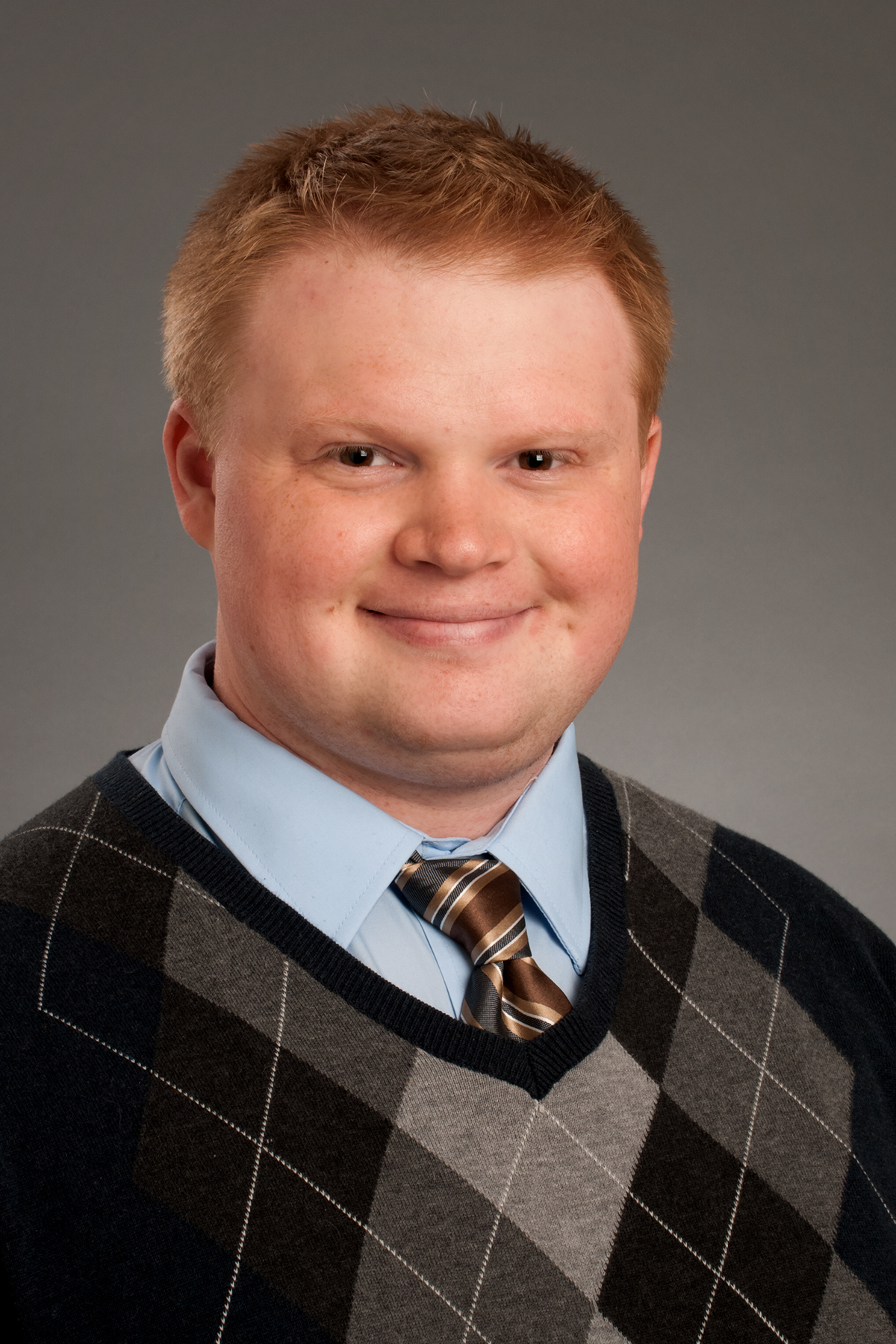Cody Wolf
Cancer Researcher and Idaho ACT! Lead
 Tell your fellow volunteers a little about yourself.
Tell your fellow volunteers a little about yourself.
I grew up in Caldwell, Idaho, a little town outside of Boise. I took my first biology class in high school and loved it. I decided then and there that’s what I wanted to do. I’m now 24 years-old, a cancer researcher and a Ph.D. candidate at Boise State University.
It sounds like you’re doing some fascinating work. How did you get started down this path?
About halfway through my bachelor’s program, I took a class in molecular biology and fell in love with the topic – how cells become tumor cells and how cells metastasize.
I had started with Relay For Life the year before, and hearing stories from people was heartbreaking. It made me want to help in any way that I could.
And then you connected with your now mentor, Dr. Cheryl Jorcyk, to begin your career as a cancer researcher?
Yes. Dr. Jorcyk was studying inflammatory proteins and how they impact metastasis. We think these proteins help cause secondary tumors throughout the body.
How could your research one day save lives from cancer?
The real problem with patients with late-stage cancer is that it’s hard to treat. Preventing metastasis from happening in the first place makes surgery or chemotherapy more effective.
We’ve created drugs in the lab that we’re testing in mice that prevent metastasis. If they’re proven effective, the next step would be clinical trials in humans.
I do a lot of lab work and conduct experiments that test the drugs. I’m testing the drugs on breast cancer cells and also testing the inflammatory proteins in prostate cancer. I want to see if they have the same metastatic effect in other cancers.
Did I hear that this work also benefited from an American Cancer Society research grant?
Yes, we used that funding to test if inflammatory proteins cause the metastasis in bones. It was very helpful in getting us to where we are now.
"To defeat the disease and find a cure,
we need to increase research even more
than we have now."
And speaking of now, your lab and university are currently funded by a federal grant from the National Institutes of Health (NIH).
NIH is the number one source for funding. Most life science research is funded by NIH. A lot of cancer research couldn’t happen without it.
For a lab like yours, what is the possible harm in reducing federal funding for cancer research or even just allowing for level funding rather than an increase each year?
Without funding, we can’t continue with research. And research costs still go up every year. More people are getting into research, so you have more researchers using the same pot of money. Level funding keeps everything at a standstill. It could also lead to a lack of young students pursuing research.
To defeat the disease and find a cure, we need to increase it even more than we have now.
You’re not only a cancer researcher, but also an ACT! Lead, leading ACS CAN activities in your congressional district. What’s been your best moment as an ACS CAN volunteer?
Getting to know my legislators better. I’ve added all of them on Facebook. They all know me by name now. They greet me when I see them at the supermarket. It’s made me more attached to my community, and I think that’s really important.
To wrap up, what would you tell a person who’s considering getting more involved in cancer advocacy?
Everyone has somebody affected by cancer. Everyone is one degree away. For me, at the end of Relay For Life, the most impactful thing is what we do after. And the answer is fight back. Advocacy is an all-year event where you get to see direct results that you and others benefit from.
If there are any young people out there who want to get involved, push it. I’m only 24 years old. We need more people my age getting involved.